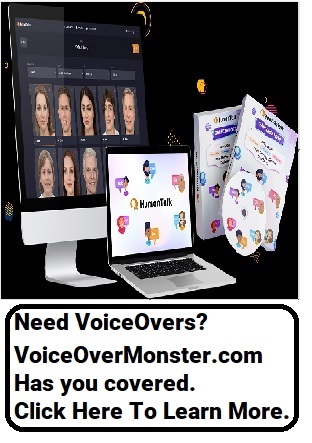In the digital age, where information flows freely and rapidly across various media channels, media literacy has become an indispensable skill. Media literacy empowers individuals to critically evaluate, understand, and navigate the vast and complex landscape of modern media. In this article, we will explore the significance of media literacy in today's society and why it is essential for the modern consumer.
The Digital Information Explosion
The advent of the internet and digital technologies has democratized the creation and dissemination of information. While this has opened up new avenues for knowledge and communication, it has also given rise to challenges related to misinformation, propaganda, and the blurring of fact and opinion. Media consumers are inundated with a constant stream of news, advertisements, social media content, and more, making it increasingly challenging to discern credible information from disinformation.
The Role of Media Literacy
Media literacy equips individuals with the skills needed to critically assess the information they encounter in the media. It involves the ability to:
-
Evaluate Sources: Media-literate individuals can assess the credibility and reliability of information sources. They can distinguish between reputable news organizations and unreliable or biased sources.
-
Analyze Content: Media literacy enables consumers to critically analyze the content they encounter, identifying persuasive techniques, biases, and potential misinformation.
-
Understand Media Techniques: It involves an understanding of the various media techniques employed, including image manipulation, framing, and agenda-setting, among others.
-
Detect Misinformation: Media-literate individuals are better equipped to recognize and counter misinformation, including fake news, rumors, and conspiracy theories.
-
Navigate Digital Platforms: In the age of social media and online content, media literacy includes the ability to navigate digital platforms responsibly and ethically. This includes understanding privacy settings, recognizing online harassment, and practicing digital citizenship.
The Consequences of Media Illiteracy
Media illiteracy can have far-reaching consequences. Without the ability to critically assess information, individuals are more susceptible to:
-
Believing False Information: Those who lack media literacy skills are more likely to accept false or misleading information at face value.
-
Spreading Misinformation: Unaware of the dangers of sharing false information, individuals can unintentionally contribute to the spread of misinformation within their social networks.
-
Political Manipulation: Media illiteracy can make individuals vulnerable to political manipulation and propaganda, affecting their decision-making in elections and other civic matters.
-
Ineffective Communication: Without media literacy, individuals may struggle to communicate effectively, particularly in an increasingly digital and media-centric world.
Fostering Media Literacy
Media literacy is not a static skill but an ongoing process of learning and adaptation. To foster media literacy:
-
Education: Schools and educational institutions should integrate media literacy education into their curricula, teaching students to critically evaluate media content from an early age.
-
Digital Literacy: Digital literacy programs can help individuals understand the digital tools and technologies that shape the media landscape.
-
Critical Thinking: Encouraging critical thinking skills, including questioning, analyzing, and verifying information, is crucial in media literacy education.
-
Fact-Checking: Promote fact-checking and the use of reputable fact-checking organizations as resources for verifying information.
-
Engage in Open Dialogue: Encourage open discussions within families and communities about media consumption and critical evaluation of content.
Conclusion
Media literacy is not a luxury but a necessity for the modern consumer. In an era where information is abundant and easily accessible, the ability to critically evaluate and navigate media content is paramount. By fostering media literacy through education and open dialogue, individuals can become more discerning and empowered media consumers, better equipped to navigate the complex and evolving landscape of digital information. Media literacy is not only a skill for personal benefit but also a safeguard for democratic societies, helping to ensure the informed and responsible participation of citizens in the digital age.
- AI and Journalism: How Automation is Transforming Newsrooms
- Ephemeral Content: The Power of Stories in Social Media Marketing
- Influencer Marketing: Strategies for Success in a Crowded Social Media Landscape
- Media Literacy in the Digital Age: A Necessity for the Modern Consumer
- Navigating the Metaverse: How Media Companies Are Embracing Virtual Reality
- Podcasting's Evolution: Trends Shaping the Future of Audio Content
- Streaming Wars 2.0: The Battle for Your Screen Time
- The Changing Landscape of News Consumption: From Print to Digital
- The Impact of User-Generated Content on Social Media Marketing
- The Rise of Short-Form Video: Exploring the TikTok Phenomenon

